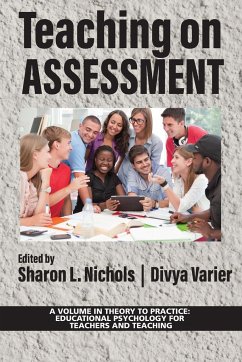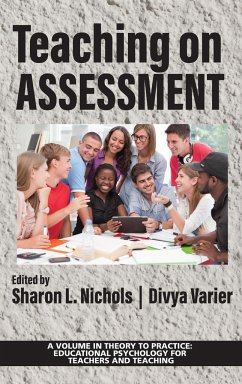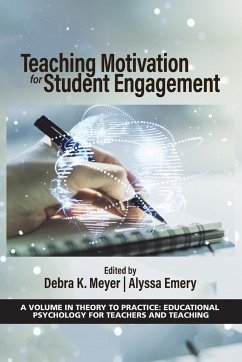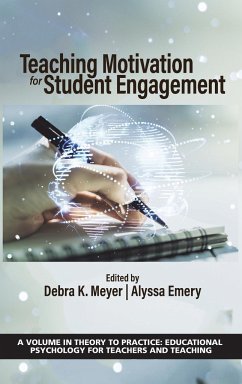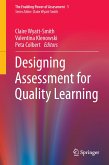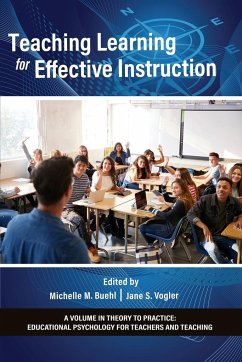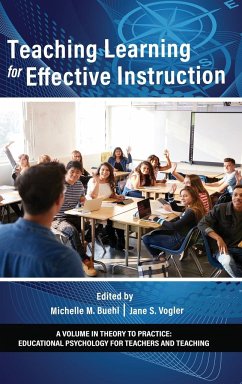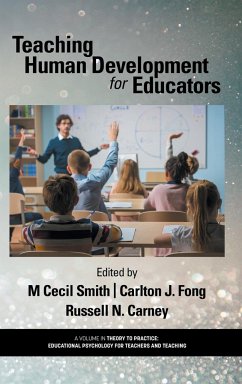In an age where the quality of teacher education programs has been called into question, it is more important than ever that teachers have a fundamental understanding of the principles of human learning, motivation, and development. Theory to Practice: Educational Psychology for Teachers and Teaching is a series for those who teach educational psychology in teacher education programs. At a time when educational psychology is at risk of becoming marginalized, it is imperative that we, as educators, "walk our talk" in serving as models of what effective instruction looks like. Each volume in the series draws upon the latest research to help instructors model fundamental principles of learning, motivation, and development to best prepare their students for the diverse, multidimensional, uncertain, and socially-embedded environments in which these future educators will teach. The inaugural volume, Teaching on Assessment, is centered on the role of assessment in teaching and learning. Each chapter translates current research on critical topics in assessment for educational psychology instructors and teacher educators to consider in their teaching of future teachers. Written for practitioners, the aim is to present contemporary issues and ideas that would help teachers engage in meaningful assessment practice. This volume is important not only because of the dwindling presence of assessment-related instructional content in teacher preparation programs, but also because the policy changes in the last two decades have transformed the meaning and use of assessment in K-12 classrooms.

